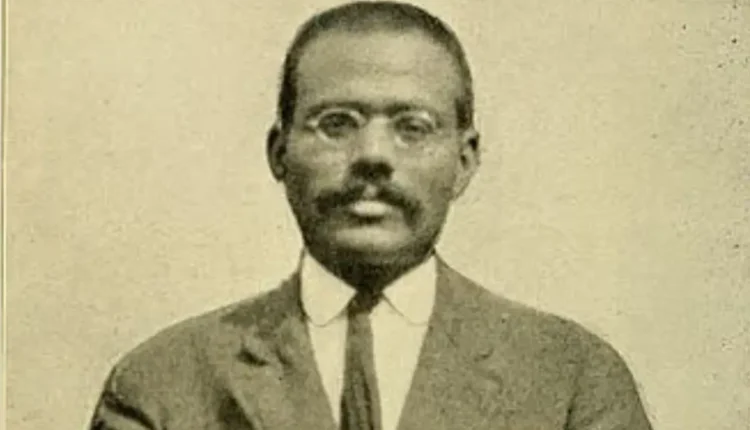In the tapestry of Indian history, there are luminaries whose names resonate through the corridors of time, igniting the flames of inspiration in hearts across generations. Among these legends stands Lala Har Dayal Mathur, a polymath, nationalist revolutionary, and unwavering advocate of freedom.
His life, marked by intellectual prowess and unyielding dedication to the cause of India’s liberation, is a saga of courage, resilience, and unwavering commitment.
Lala Har Dayal Mathur’s Early Years
Born into a Hindu Mathur Kayastha family on October 14, 1884, in Delhi, Lala Har Dayal Mathur’s journey began against the backdrop of colonial India. His thirst for knowledge led him to the corridors of education, where he excelled in academia, earning a bachelor’s degree in Sanskrit from St. Stephen’s College, Delhi, and later a master’s degree from Punjab University.
The seeds of rebellion were sown early in his life as he turned down a promising career in the Indian Civil Service, opting instead to pursue his passion for freedom and social justice.
A Journey of Intellectual Awakening
In 1905, Lala Har Dayal Mathur’s academic prowess garnered him prestigious scholarships at Oxford University, where he delved deeper into the realms of Sanskrit studies.
However, his quest for knowledge transcended the confines of traditional academia. He ventured into the United States in 1911, where he became deeply involved in industrial unionism, advocating for the rights of workers and marginalized communities.
Championing the Cause of Revolution
Lala Har Dayal Mathur’s indomitable spirit and visionary ideals found expression in his revolutionary activities. As the secretary of the San Francisco branch of the Industrial Workers of the World, he espoused radical principles, calling for the establishment of Communism and the abolition of private property.
His magnetic charisma and intellectual acumen inspired a cadre of expatriate Indians, galvanizing them into action against British colonial rule.
Forging Bonds of Solidarity
In California, Lala Har Dayal Mathur found common cause with Punjabi Sikh farmers, who had endured discrimination and prejudice in their adopted homeland.
Recognizing their shared struggle against British oppression, he cultivated alliances, tapping into the reservoir of Sikh resilience and determination. Through his advocacy, he urged young Indians to pursue scientific and sociological education, empowering them to challenge the status quo and envision a future free from tyranny.
The Exile and Beyond
In April 1914, Lala Har Dayal Mathur’s activism drew the ire of the United States government, leading to his arrest for spreading anarchist literature. Undeterred, he sought refuge in Berlin, where he played a pivotal role in the formation of the Berlin Committee, later known as the Indian Independence Committee.
Collaborating with the German Intelligence Bureau for the East, he continued his crusade for India’s freedom, transcending geographical boundaries in his quest for liberation.
Legacy of Inspiration
On March 4, 1939, Lala Har Dayal Mathur breathed his last in Philadelphia, leaving behind a legacy that continues to inspire and ignite the flames of revolution. His unwavering commitment to the cause of freedom, coupled with his profound spirituality and simplicity of living, earned him accolades from contemporaries and scholars alike.
Honoring a Revolutionary Icon
In 1987, the India Department of Posts paid homage to Lala Har Dayal Mathur’s enduring legacy by issuing a commemorative stamp as part of the “India’s Struggle for Freedom” series. His life, as described by Swami Rama Tirtha, epitomized the highest ideals of spirituality and devotion to the motherland, serving as a beacon of hope for future generations.
Also Read:Shibani Joshi: Inspiring Stories from Journalism to Academia

